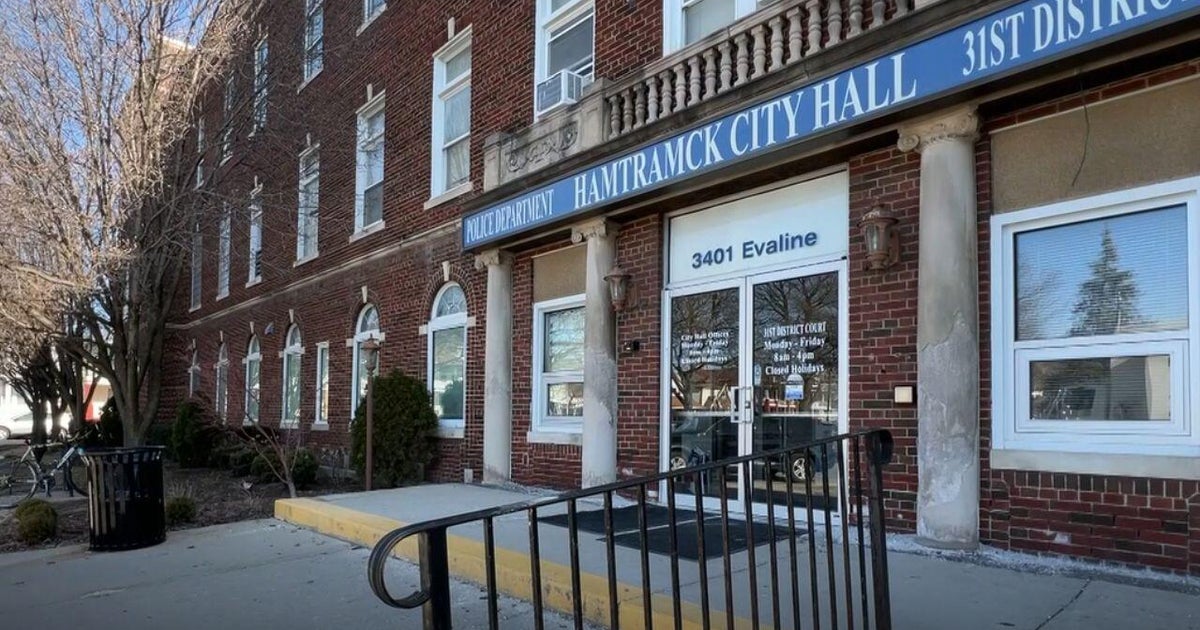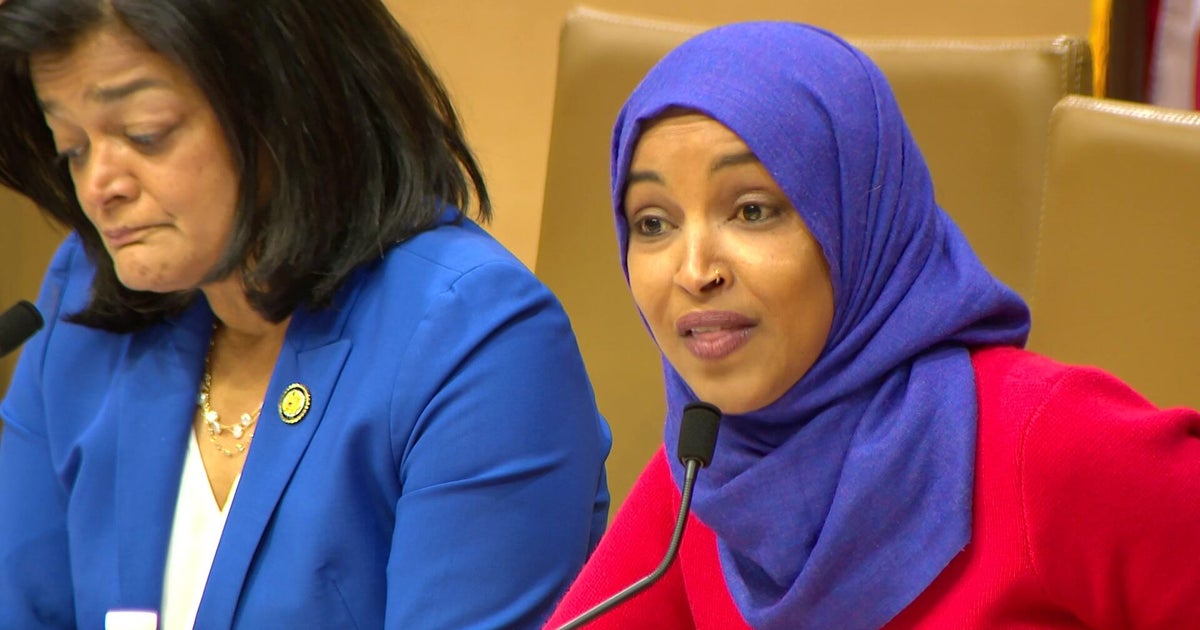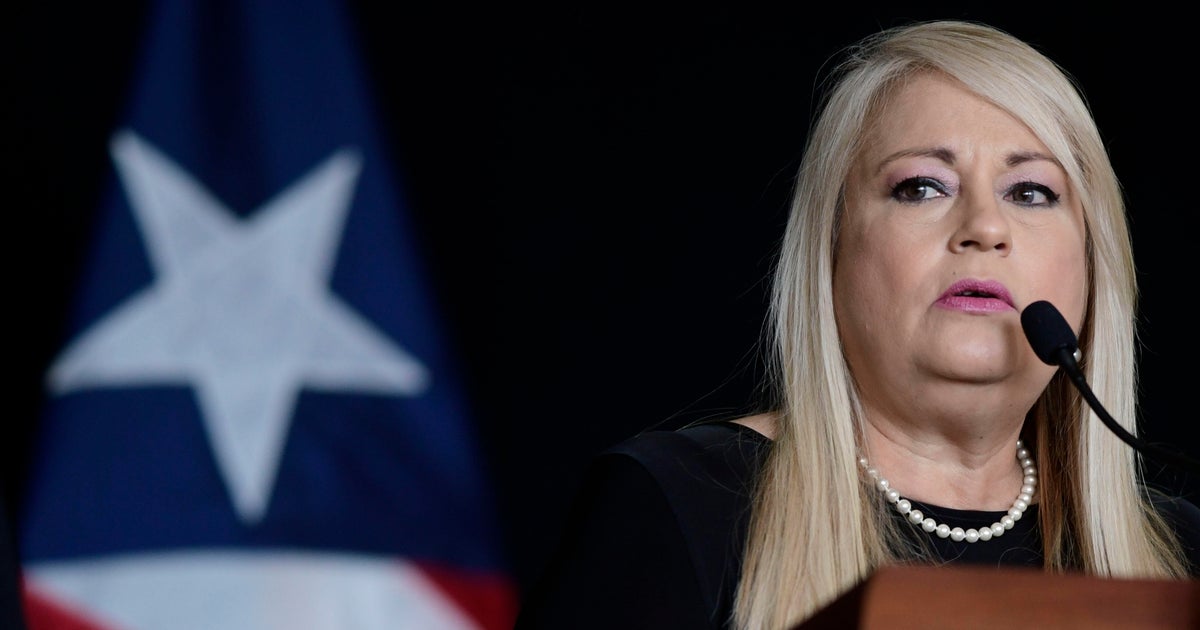Supreme Court agrees to hear challenges to affirmative action in college admissions
Washington — The Supreme Court will consider a pair of cases involving the use of race in admissions processes at Harvard College and the University of North Carolina, it said Monday.
With the decision to take up the bids brought by students who applied to the schools, members of the organization Students for Fair Admissions, a Supreme Court that now boasts an expanded conservative majority will reconsider the issue of affirmative action at both private and public institutions.
It's unclear when the court will hear arguments in the legal fights, but the cases join other politically charged court battles over abortion and the Second Amendment that are currently under consideration by the justices.
The challenges targeting university admissions policies at the public and private institutions are the latest that seek to end affirmative action in college admissions, which has been used at universities to foster diversity among student bodies. Nine states have banned affirmative action at public universities.
The composition of the Supreme Court has changed considerably since it last weighed in on the use of race in university admissions, in a 2016 decision involving the University of Texas. The majority opinion in that dispute was written by Justice Anthony Kennedy, and the high court found the school's race-conscious admissions program to be lawful.
But Kennedy retired in 2018 and Justice Ruth Bader Ginsburg, who joined Kennedy in the majority, died in 2020. The Supreme Court's conservative majority has now grown to 6-3 with the additions of Justice Neil Gorsuch, Brett Kavanaugh and Amy Coney Barrett.
The first dispute stems from a lawsuit a group of students filed against Harvard in 2014 alleging its admissions process violates Title VI of the Civil Rights Act by penalizing Asian American applicants. Students for Fair Admissions claimed the Ivy League school intentionally discriminates against Asian American students during the admissions process by assigning them lower ratings than other races and limiting the number of Asian Americans it admits.
Students for Fair Admissions was founded by Edward Blum, who has mounted numerous challenges to race-conscious admissions policies and opposes affirmative action.
Harvard has rejected the claim of intentional discrimination from the students and argued it considers race in its admissions process "only in a flexible and nonmechanical way."
In 2019, a federal district court in Massachusetts sided with Harvard in the suit and said the elite school did not intentionally discriminate against Asian American applicants. The 1st U.S. Circuit Court of Appeals upheld the district court's ruling in late 2020.
Students for Fair Admissions appealed the 1st Circuit's decision to the Supreme Court in February 2021 and asked the justices to overrule the court's 2003 decision known as Grutter v. Bollinger that allowed higher-education institutions to use race as a factor in admissions. That case, which involved the University of Michigan Law School's use of racial preferences in admissions, "is wrong in every way — historically, legally, factually, practically, and morally," the group told the Supreme Court in a filing in May.
Students for Fair Admissions had the backing of the Trump administration in lower court proceedings. But the Biden administration is supporting Harvard in the case and, in response to a request by the Supreme Court in June to weigh in on the dispute, argued the case is a flawed vehicle for reconsidering its past decisions on affirmative action.
The student group identified "no sound reason" for the court to take up its case, Solicitor General Elizabeth Prelogar told the justices. She also said overturning its precedent on affirmative action would "profoundly unsettle expectations" of colleges and universities that have relied on those decisions.
In urging the Supreme Court to reject the appeal from Student for Fair Admissions, lawyers for Harvard also warned the court of the consequences of reconsidering its decisions on affirmative action.
"Individualized admissions systems that take some account of race as one factor among many have become part of the fabric of our society. Most Americans value racial and ethnic diversity and support programs that promote diversity on college campuses," they told the court in December. "Reconsideration of the court's precedents is unwarranted and would have profound negative repercussions."
In the second challenge to the University of North Carolina's use of race in admissions, Asian American students argue the public school "awards racial preferences to African Americans, Hispanics, and Native Americans," but not White or Asian American applicants.
Students for Fair Admissions brought its case against the University of North Carolina in 2014, claiming the school violated the 14th Amendment and federal law through its admissions policies. A federal district court sided with the university last year, finding its use of race is consistent with Supreme Court precedent.
A federal appeals court had not reviewed the district court's decision, though Students for Fair Admissions urged the high court to hear both the Harvard and University of North Carolina cases together, which the justices will do.





